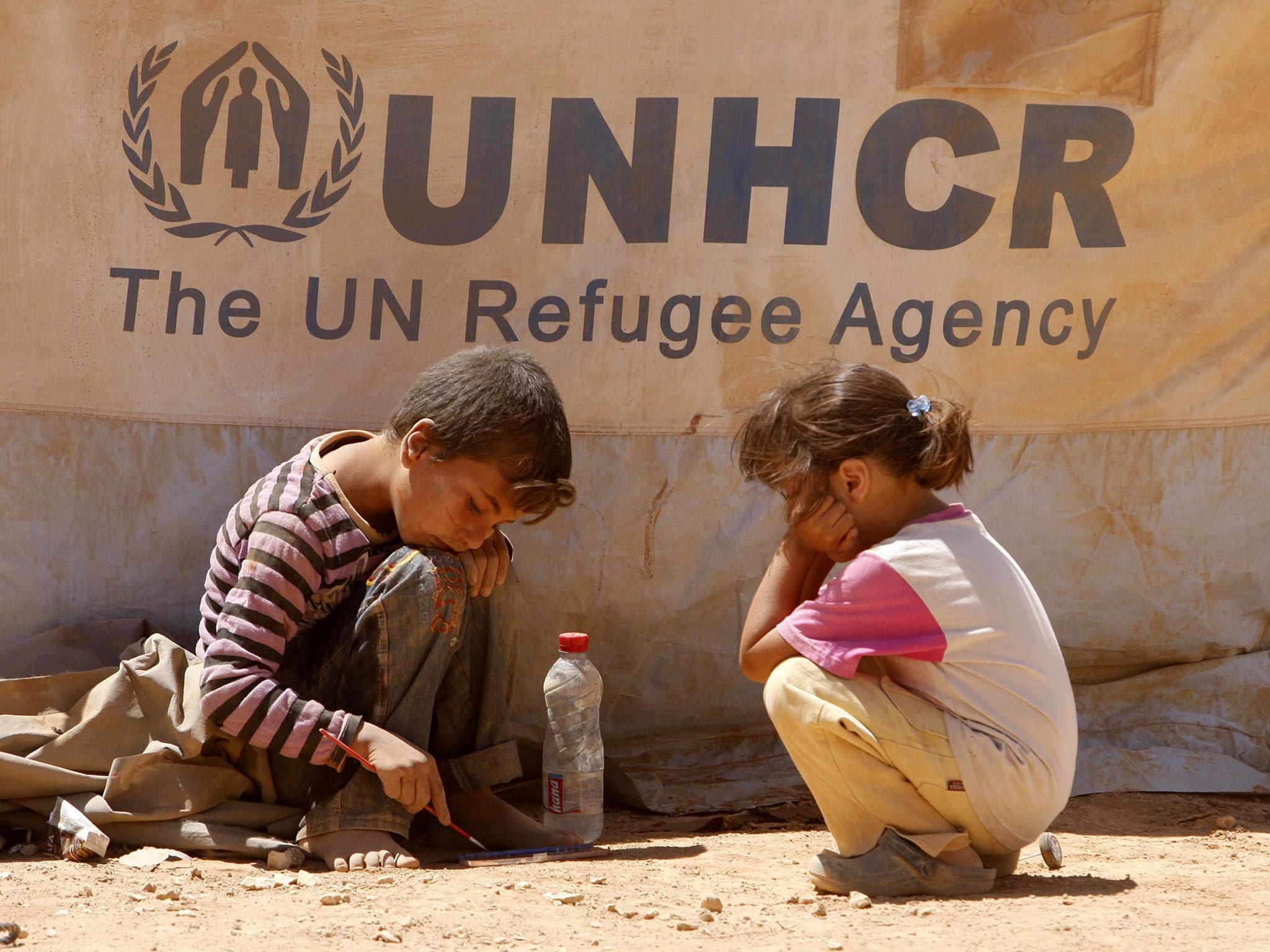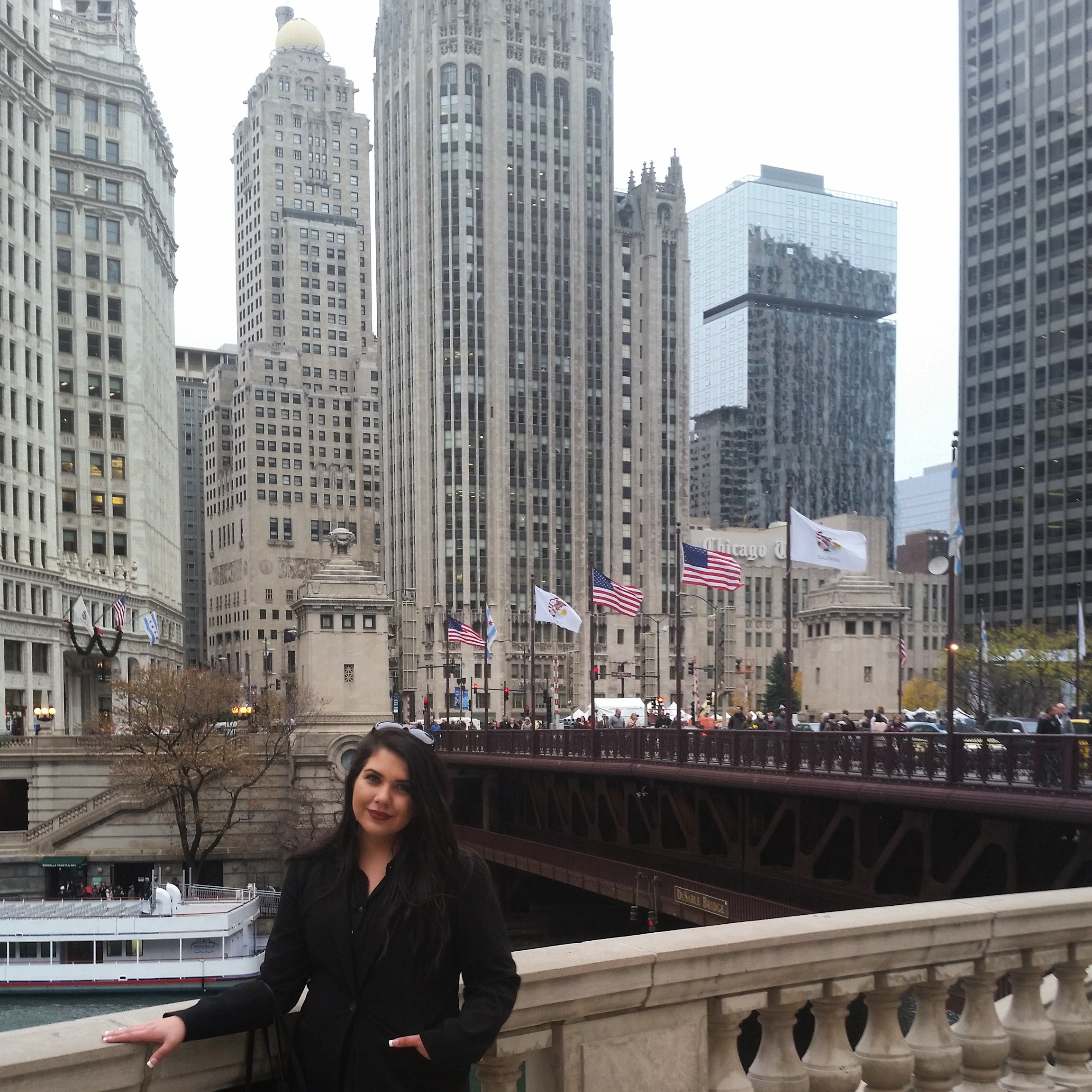I'm a refugee who escaped war and genocide in Bosnia. If you think the resettlement process is easy, read this
Each interview conducted meant reliving the trauma of being under siege in Sarajevo and being held in concentration camps in Visegrad. We even had to prove our family members had been killed

Your support helps us to tell the story
From reproductive rights to climate change to Big Tech, The Independent is on the ground when the story is developing. Whether it's investigating the financials of Elon Musk's pro-Trump PAC or producing our latest documentary, 'The A Word', which shines a light on the American women fighting for reproductive rights, we know how important it is to parse out the facts from the messaging.
At such a critical moment in US history, we need reporters on the ground. Your donation allows us to keep sending journalists to speak to both sides of the story.
The Independent is trusted by Americans across the entire political spectrum. And unlike many other quality news outlets, we choose not to lock Americans out of our reporting and analysis with paywalls. We believe quality journalism should be available to everyone, paid for by those who can afford it.
Your support makes all the difference.To be a refugee these days means to wake up almost each morning and witness anti-refugee sentiment plastered on the news and social media. On November 18, 2015 after seeing the increased Islamophobia and xenophobia from American politicians, I decided to take to Twitter to explain the lengthy process of obtaining refugee status in the United States.
I am a refugee. In fact, I am a Bosnian Muslim refugee that obtained clearance to settle in the US after an almost four-year process.
My journey started in 1998, four years after the Bosnian war and genocide which left my family and me displaced survivors. The first step was a visit to a UN Refugee Agency to apply for refugee status. What followed were months of providing documentation and proof that we were, in fact, a family of sound minds and able bodies, displaced by war and affected by the trauma of it.
We started with our identification: proof of where we used to live, proof we owned the homes that were now destroyed and under Serb occupation, proof my father was in a concentration camp, proof that I went to the school I did. After providing this information, we were required to provide references from friends, family, and former neighbors. We even had to provide the certification that members of our families were murdered during the war and genocide, and that some of them were considered missing.
Interview after interview was conducted by UN Refugee Agency official to ensure that my family and I were speaking the truth. The process of telling our story of trauma lasted a couple of years. Each interview conducted meant reliving the trauma of being under siege in Sarajevo, of being held in concentration camps in Visegrad, and of being a child that knew little of what it meant to be subjected to bombs simply due to the religion we practiced and the ethnic group we belonged to.
Somehow, out of the countless Bosnians that applied for refugee status, we ended up being among the less than 5 percent that was cleared and accepted into America. In 2002, when we finally settled in America we assumed our journey towards emotional safety had finally been reached. However, as refugees we continued to be subjected to interviews by government officials, medical and psychological exams, biometric testing, and visits from Immigration and Department of Human Services Case Managers.
Nonetheless, we made it. We survived the war and were afforded with the privilege of coming to build a life in America. Since then, as a way of giving back thanks, I became involved in activism, volunteering, and continuous community engagement. Choosing to give back, as much as I could, rather than take.

To the pundits that share anti-refugee sentiment, however, none of this matters. When you combine lack of knowledge of the refugee process along with fear you increase hatred. Xenophobia - and, in particular, Islamophobia - follows.
The vast majority of the people in my life are refugees like me. We were able to come to the United States of America after surviving war, genocide, and the aftermath of both, only after we completed the extremely stringent security checks that are in place by the UN and the US government.
We did not come to the United States suddenly. It took almost four years of biometric testing, interviews, mental health exams, medical exams, background checks, verification of the validity of the documents, and cross-checks among various governmental agencies for us to obtain refugee status. But even after that, we were required to take English courses, job placement courses, American etiquette courses, and a seminar of what to expect upon our move to the country.
As a refugee who has gone through the refugee process, I can simply state that refugees are extremely well vetted. While fear following the Paris terror attacks is understandable, it is also misdirected. The people who are applying for refugee status are the people who are fleeing the violence caused by the same group responsible for the Paris attacks, the Daesh.
As a former refugee, I urge the world to pay attention to the lengthy process we must go through in order to find a safe haven. I too was a refugee and I am not the enemy.
Join our commenting forum
Join thought-provoking conversations, follow other Independent readers and see their replies
Comments